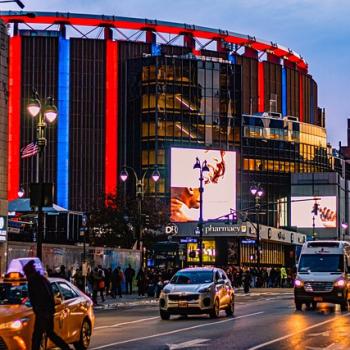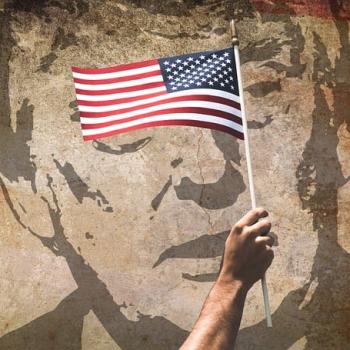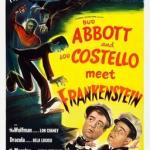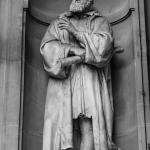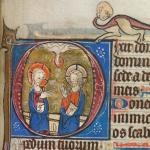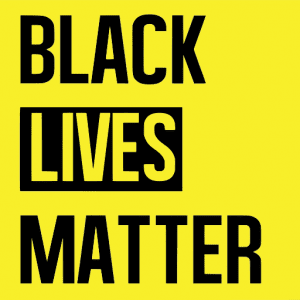
(Official Black Lives Matter organization logo, courtesy of Wikimedia Commons.)
When I was a little girl, I didn’t know any black people. There were no black people in my neighborhood. There were black people in the neighborhood that surrounded my “traditional” old church downtown, but we didn’t speak to them on the way into Mass, and almost everyone who went to Mass at my church was white.
When a friend of the family took me shopping, she would say things like “We’re not going to Northland Mall. I know it’s closer, but there are too many unemployed black men at Northland Mall. I know that sounds prejudiced, but it’s not.”
I know that sounds prejudiced, but it’s not.
I went to a Catholic school in a wealthier part of town, attached to a different Catholic church; there were one or two black students, but they were not in my class. When we learned history, we learned that Harriet Tubman “helped free the slaves” and quickly moved on from that topic. When we learned about the civil rights era and the Jim Crow laws, we learned that black people were fighting for the right to sit at the front of the bus and use the same restroom as whites. I quietly wondered why they cared so much about sitting in the front of the bus, and why anyone bothered to shoot Martin Luther King over it. I wondered why the black people of his day didn’t all just move to the North, where my teacher explained there was no segregation, ever. During “black history month,” we learned that George Washington Carver had invented three hundred uses for peanuts, that Rosa Parks really wanted a seat on the bus, and it was repeated that Harriet Tubman “helped free the slaves.” That was all I knew. That was all I was ever taught.
After the fifth grade, we tutored at home with a “traditional” Catholic correspondence program which photocopied Catholic School textbooks from the 1930s for many of their lessons. One of the American History books explained that America’s fertile soil made it “an ideal place for settlement by Aryan races.” I had heard the word “Aryan” before and was horrified, but my mother said it was just an old-fashioned archaism for “European.”
I know it sounds prejudiced, but it’s not.
Not a word was said about “black history.” I still thought the Civil Rights movement had to do with black people being forced to sit on the back of the bus.
My mother enrolled me in college courses when I was not yet seventeen and an odd combination of well-read and naive. I’d read Dickens and Hugo and Tolkein; I knew all kinds of things about history. My mother had me take an American literature course, thinking we were going to study Mark Twain and Louisa May Alcott for ten weeks.
We didn’t study Twain or Alcott, as it turned out. We studied Hawthorne and Tennessee Williams. As a well-read, articulate homeschooler, I sat in the front of the classroom and joined the discussion. The professor had no idea I was still in high school. And then we started on Southern Gothic fiction– Faulkner and Flannery O’Connor, who terrified me. I said less in class. And then we read other things, all kinds of stories, poems and essays from just before and during the Civil Rights era. One day, the professor read aloud a graphic description of white people using cattle prods to chase black men away from voting booths, shocking them in the genitals; the story ended with a black man getting burned half to death, then castrated and hanged.
I was barely even sure what body part the narrator was talking about, at first. I didn’t know what was going on, what they were doing or why all the white people were standing around cheering. I’d never heard this part of history.








